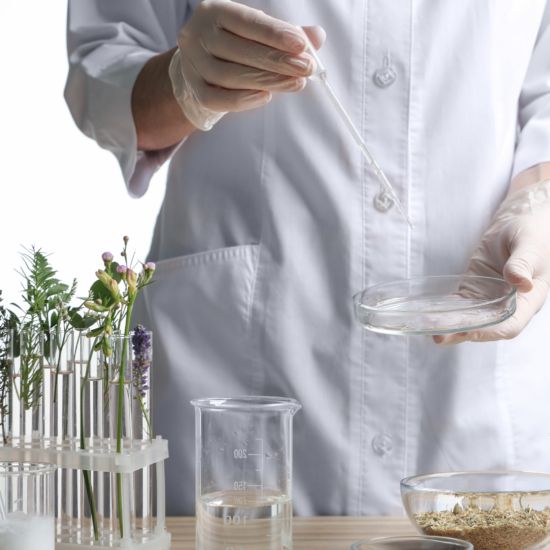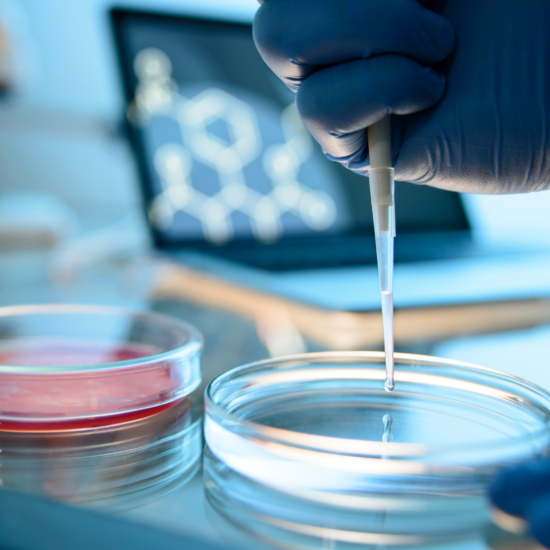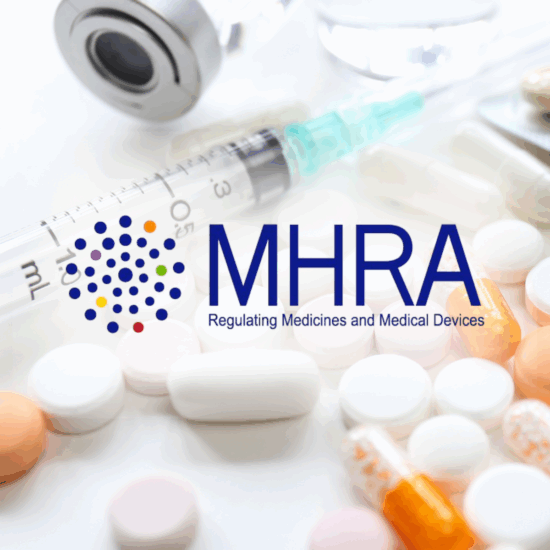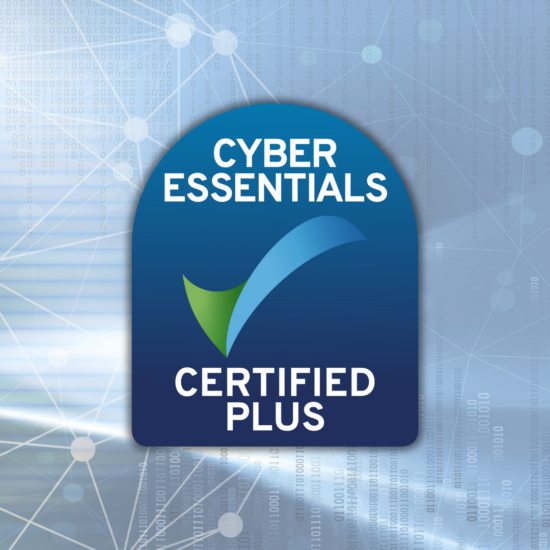New UK Clinical Trials Regulation 2024: What You Need to Know
Published May 29, 2025
Published 18th January 2024

In a world where natural remedies are gaining increasing popularity, herbal medicines have found their way into the lives of many seeking alternative approaches to health and well-being. The European Medicines Agency (EMA) plays a pivotal role in ensuring the safety, quality, and efficacy of herbal products available on the market. In this article, we’ll delve into the EMA’s scientific guidelines for herbal medicinal products and explore the importance of these regulations in promoting consumer safety.
The EMA’s guidelines emphasize the importance of using high-quality herbal raw materials and ensuring that the manufacturing processes maintain the integrity of these materials. Primarily, this involves guidance to standardise cultivation and collection of medicinal plants and subsequently, measures to prevent contamination, adulteration, and to control other factors that could impact the final product’s safety during the herbal medicinal product’s manufacture. Additionally, to ensure the quality of the herbal substances, herbal preparations and herbal medicinal products, guidance on which test procedures and the corresponding acceptance criteria to be applied is provided. In addition to the EMA guidelines, a range of Ph. Eur. requirements exist that should be used in conjunction with EMA guidance. These cover a range of quality aspects including how the strength can be defined, control of specific contaminants such as aflatoxins, and how the purity and identity of the herbal substance, which is usually a complex mixture, is controlled.
Herbal products with a history of traditional use are assessed based on existing scientific knowledge and historical evidence. The EMA acknowledges the value of long-standing traditional use while ensuring that any potential risks are thoroughly evaluated. In this regard, a list of herbal substances, preparations, and combinations for use in certain traditional herbal medicinal products has been established by the EMA’s Committee for Herbal Medicinal Products (HMPC). Sponsors can refer to this list in relation to safety and efficacy when registering a traditional herbal medicine. Furthermore, a list of EU herbal monographs and supporting documents for herbal substance is also available.
To make health claims about a herbal product’s effects, sufficient scientific evidence must support these claims. The EMA evaluates the available clinical data to determine if the product’s intended effects are substantiated and justifiable.
The guidelines stipulate clear recommendations for dosage, administration, and usage instructions. These guidance documents are designed to optimize the product’s effectiveness while minimizing the risk of adverse reactions.
Herbal products can interact with other medications or have contraindications for certain medical conditions. The EMA guidelines require Market Authorisation Holders to provide comprehensive information about potential interactions and precautions.
By establishing stringent guidelines, the EMA safeguards consumers against unsafe or adulterated herbal products, minimizing the risk of adverse reactions and health complications.
The guidelines promote consistency in herbal product quality, ensuring that consumers receive the same expected benefits from different batches of the same product.
EMA-approved herbal products gain credibility among consumers, healthcare professionals, and retailers due to the rigorous evaluation process they undergo.
Clear labelling and information provided according to EMA guidelines empower consumers to make informed choices about the herbal products they use.
The European Medicines Agency’s guidelines for herbal supplements are essential for ensuring the safety, quality, and efficacy of these products. By adhering to these guidelines, manufacturers, consumers, and healthcare professionals can have confidence in the herbal products available on the market. As the demand for natural remedies continues to grow, the EMA’s commitment to evaluating and regulating herbal supplements plays a crucial role in protecting public health.
DLRC has a wealth of experience in this area and is ready and willing to guide you through the regulatory process to help bring your product to market. Our team of CMC, clinical and non-clinical experts are able to advise on regulations concerning Herbal Medicinal Products. To speak to our experts about how we can support you, contact us using the link below or email us at hello@dlrcgroup.com.

Published May 29, 2025

Published May 29, 2025

Published May 01, 2025

Published Apr 28, 2025

Published Apr 25, 2025

Published Apr 11, 2025

Published Mar 31, 2025

Published Mar 27, 2025

Published Mar 27, 2025